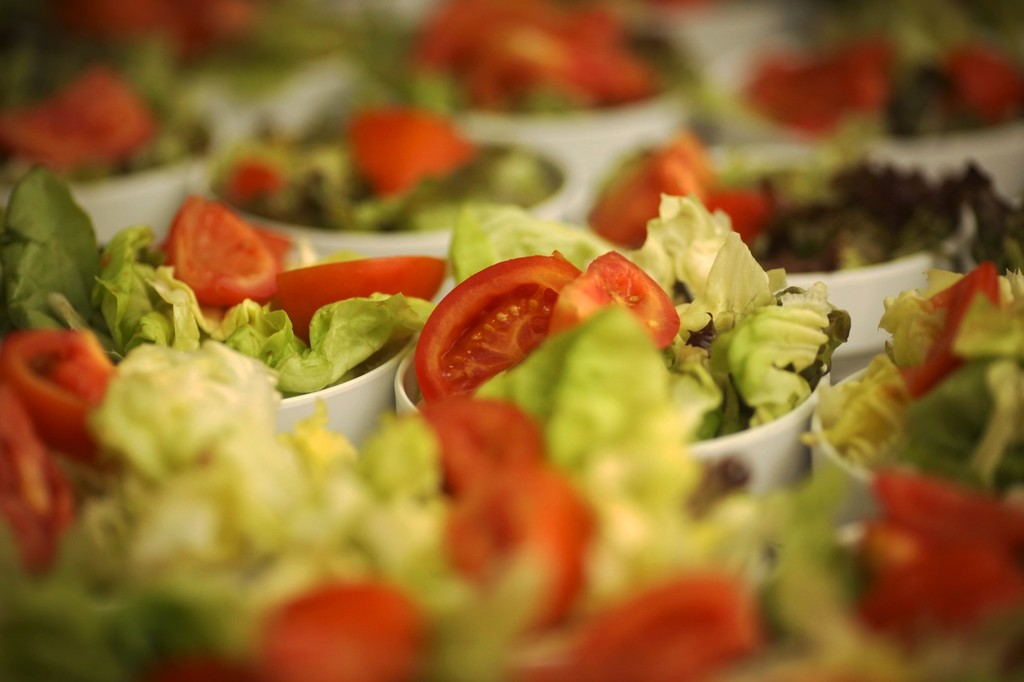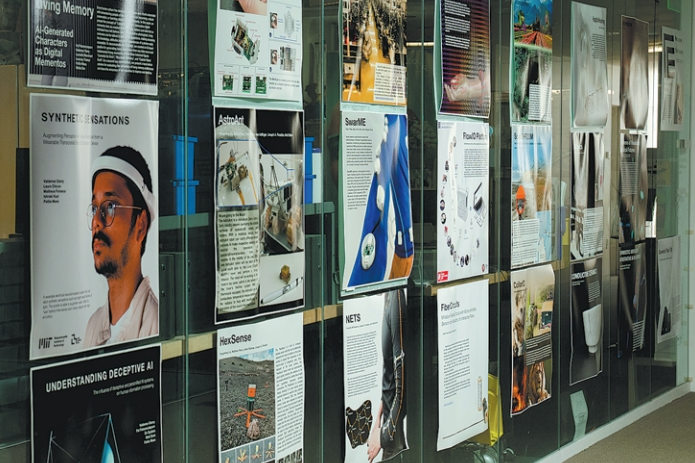Veganism on upswing in the UK


An increasing number of people in the United Kingdom are going meat-free and turning to vegan, vegetarian or plant-based diets.
The Vegan Society has estimated that there were about 600,000 vegans in Britain in 2018. Vegans do not eat meat, poultry, fish or animal products including eggs, dairy products and gelatin.
Olivia Vaughan-Fowler, a 28-year-old project manager for an artificial intelligence and machine-learning company in London, switched from being a vegetarian to a vegan at the beginning of the year.
She decided to go vegan during Veganuary - an event promoted by a UK nonprofit of the same name that encourages people to go vegan during the month of January - and she has stuck with it ever since.
Vaughan-Fowler, who had previously consumed meat and dairy products, said living in London has made it easier to live a vegan lifestyle, with many supermarkets and restaurants catering to meat-free and dairy-free diets.
"It's made me feel really good," she said. "I have a lot of energy."
Vaughan-Fowler said finding replacements for her favorite meals or food, such as vegan sausages or cheese, has helped.
"I've found the equivalents for things I love and the things I used to love. You just get over it once you don't have it for a while. You don't think about it," she added.
Supermarkets are responding to the new market created by those giving up meat and animal products by stocking more vegetarian and vegan options.
Sales of nondairy beverages or milk substitutes, for instance, grew from £202 million ($262 million) in 2016 to £221 million in 2017, an increase of 9.4 percent, according to a report by market researcher Mintel.
The UK had the highest number of new vegan food products launched, overtaking Germany for the top spot, according to Mintel, and one in 10 food products launched in Europe in 2018 had a vegan "no animal" claim.
"Germany has certainly plateaued, likely driven by a flooded market with little room to grow further," said Edward Bergen, global food and drinks analyst at Mintel. "The UK, by contrast, has seen a huge promotion of vegan restaurants and new ranges."
The adoption of a diverse, less meat-heavy "flexitarian", or semivegetarian, diet is also becoming more popular in the UK, as one in three British meat eaters reduced their consumption in the six months through July 2018 - up 28 percent from the previous year, the Mintel report said.
"Initiatives like Veganuary and 'meatless Monday' allow consumers to flirt with veganism without the long-term commitment," Bergen said.
"As more people reduce their meat intake, they experiment with more plant-based dishes catering for their flexitarian lifestyles - whether at home, on the go or in restaurants."
Analysts said social media have had a role in the recent rise of veganism, in addition to concerns about health, animal welfare and the environment.
"It's extremely encouraging to learn how many Britons are choosing to reduce their consumption of animal products" Nick Palmer, the head of Compassion in World Farming UK, was quoted by the Guardian as saying. "Science proves that the healthiest diet is one that is plant-heavy. By eating less meat, fish, eggs and dairy ... we can all help animals, people and the planet."
A report in May last year in the journal Science said avoiding meat and dairy products was the single biggest way to reduce environmental damage because animal husbandry is a carbon dioxide-intensive process.
Joseph Poore of Oxford University, who led the research, told the Guardian: "A vegan diet is probably the single biggest way to reduce your impact on planet Earth.... It is far bigger than cutting down on your flights or buying an electric car."
According to Carolyn Roberts, a professor of the environment at Gresham College in London, the meat industry accounts for about 20 percent of greenhouse gas emissions.
"Estimates suggest that if all of our meat eaters switched to a vegan diet, it would roughly halve total greenhouse gas emissions associated with food," the UK online newspaper The Independent quoted her as saying.
The China Study, a book published in 2005 that is based on research that examined the link between meat consumption and chronic diseases, said those who ate a primarily plant-based diet were the healthiest.
The research for the book, conducted by T. Colin Campbell and Thomas Campbell in partnership with Cornell University, Oxford University and the Chinese Academy of Preventive Medicine, was based on 20 years of data.
The analysis tracked the diet and health of people living in rural China who consumed mainly vegetables and had very little meat or processed food.
The researchers found a correlation between a high intake of plant-based food and few cases of cancers, heart disease or diabetes.
Nutrition consultant Charlotte Stirling-Reed told HuffPost UK she favored reducing meat consumption, but said it is important to consider what nutrients you would need to replace in your diet when cutting down on meat.
"If you don't do this and cut meat out without considering where you're going to get your iron, zinc, B vitamins and protein from, then you could end up deficient," she said.
"This means adding in foods such as dairy, lentils, beans, pulses, nuts, seeds, nut butters and meat alternatives."

































